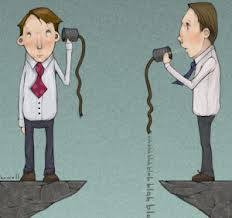Pearls of Wisdom (Part 2)
So, how can we empower our students, or how can students/learners empower themselves so that they can meet their goals? Let’s start with one simple definition, to empower is “to give official authority or legal power to (someone)” (Merrian Webster online Dictionary: www.m-w.com).
Then, the word empowerment refers to giving people the power to make their own decisions. As I speak of learning, this simply means not waiting for other people—and that includes the teacher—to tell them (students/learners) what to do to learn better, when to study, how to manage their time spent on Facebook, among other things. However, teachers have to motivate and help students to be self-reliant, that is, become confident in their abilities to follow their own path of learning. Ok. Let me be clearer, students are studying the Simple Past Tense, so what do they want to talk about using the Simple Past? A trip, an anecdote, last weekend, a scary moment in their lives, and so on. Students have to be able to choose what they want to talk about (maybe they have to get prepared and do it next class, depending on the complexity of the task). Then, students have to choose the words they want to use, things have to be more meaningful inside and outside the classroom. Students need to be able to govern their learning, so that’s Learner Empowerment.




